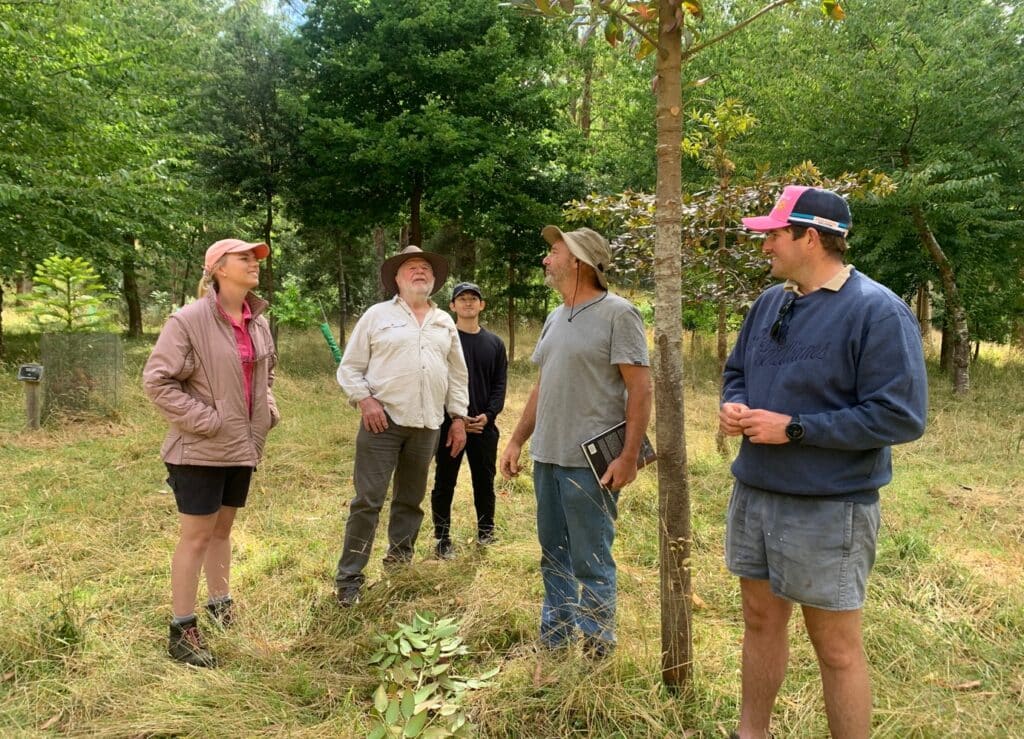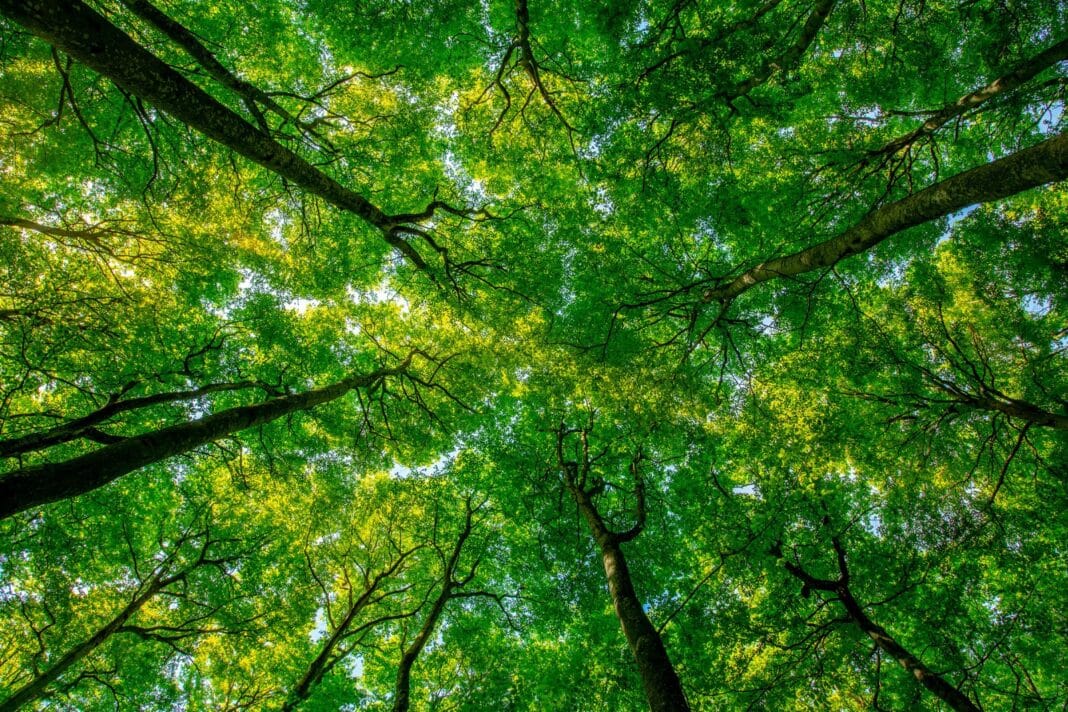Six Australian agro-foresters and bushland managers will next week share experiences and techniques with their Japanese counterparts.
Forester, author and lecturer Rowan Reid and his neighbour, grazier Andrew Stewart, together founded the Otway Agroforestry Network over 20 years ago.
This led to the Master TreeGrower program, which has trained hundreds of landowners in Australia and overseas in farm forestry skills, especially on-site high-quality timber production following appropriate pruning and thinning regimes, at the same time sustaining grazing and cropping.
Both men continually use their properties to demonstrate agroforestry – and were recently featured in ABC’s Landline special on eco-friendly forest plantations.
Three young women will also participate – Molly Marshall, agri-forester with Private Forestry Tasmania in Burnie, and chair of Forestry Australia’s Tasmanian division, Jacinta Douglas and Sharlee Dunolly-Lee, Indigenous land managers from Bendigo.
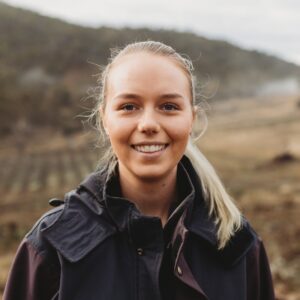
The latter, from Dja Dja Wurrung country, central Victoria, bring the traditional environmental perspectives of Aboriginal people.
Ms Douglas describes it as “the importance of being on and looking at and listening to Country with a custodial viewpoint”.
Funds were obtained from the Australia-Japan Foundation; Ausmed, Australia’s major online nursing training and accreditation provider; and from private sources.
The group leaves Melbourne on March 20 – the day before World Forestry Day – to join Japanese Landcare colleague Professor Kazuki Kagohashi.
The tour will concentrate on central Honshu, travelling from Nagoya, Shinshiro, Nara, Toyama, Takayama and Nagoya, meeting community people and landowners as well as foresters.
The delegation expects to learn a great deal from our hosts, given the depth of Japanese culture and land management experience, especially in terms of forest and water resources.
For our part, we hope to show how farming activities can be blended with high-grade timber production, with concomitant landscape, biodiversity, fire protection and educational benefits and enhanced farm yields.
This includes on-farm portable sawmills. Then there’s the bonus of greatly increased social cohesion by devolving responsibility to independent community-based Landcare networks. It is more or less universal in Australia that these networks are supported by all levels of the political-bureaucratic system and by technical advisors.
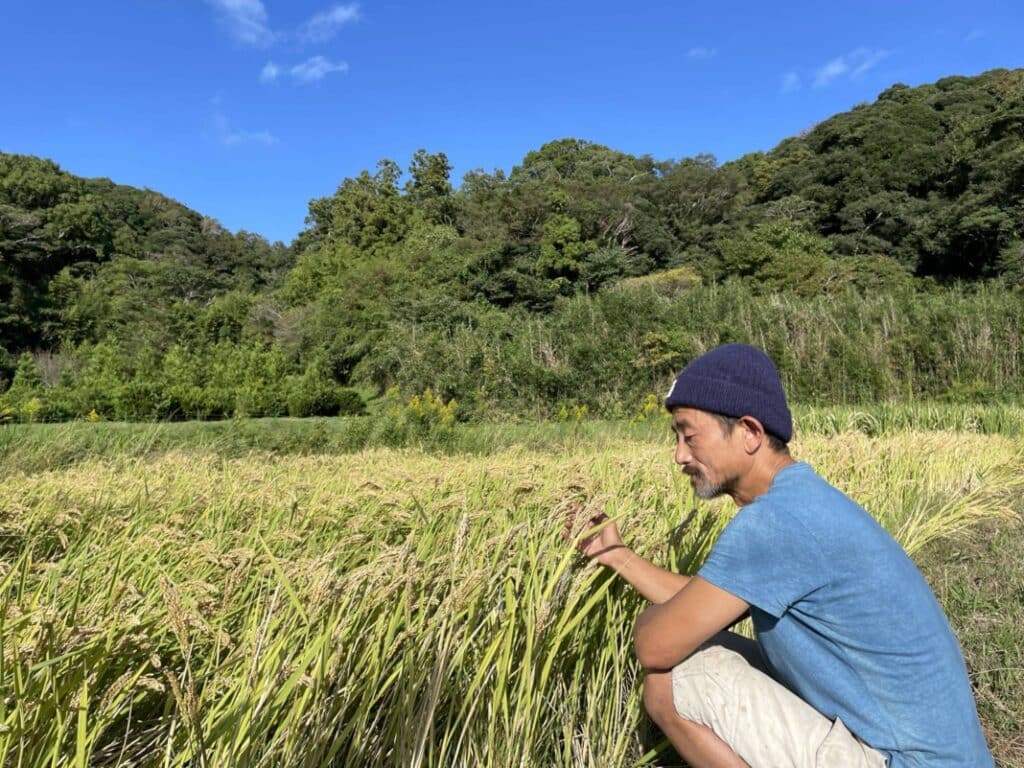
Landcare in Japan – friendship through land management
Australian academic, the late Professor Michael Seigel introduced Landcare to Japan in the mid-2000s, initially to groups of his North Asian students, many of whom he brought to Australia to look at our community and environmental organisations and programs as part of their studies of policy making.
He knew Landcare well, having seen it operate in the 1990s in his home region, the NSW Riverina, where the whole community had banded together to reduce the impact of salinity on farming.
After Michael, a Catholic priest holding the chair of social ethics at Nanzan University, Nagoya, contacted Australian Landcare International (ALI) in 2009, other Japanese students came here to do research, as did community people wanting to learn how Australians manage volunteers, all with friendly help from ALI.
That led in October 2017 to the first international Landcare conference outside Australia, held at Nagoya. This forum brought together academics and experienced practitioners and led to ACIAR in 2022 publishing ‘Building Global Sustainability through Local Self-reliance – lessons from Landcare’.
Other initiatives emerged. Firstly, under Andrea Mason, a new, all-embracing organisation formed: Global Landcare (GL).
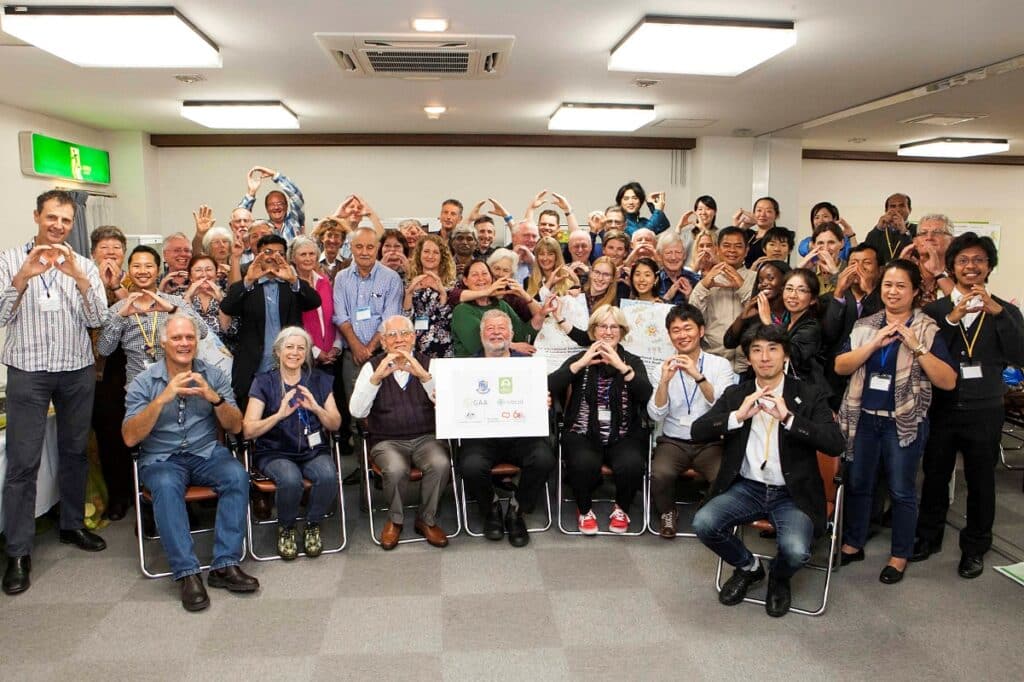
Moreover, an idea emerged from the pre-conference tour, which had visited Shinshiro in Aichi Prefecture where the problems of rural Japan were aired: depopulation, disappearing knowledge and skills, complex land tenure laws and traditions, small-scale enterprises, pest plants and animals, and so on, and especially the need to get young people back into the countryside. Furthermore, Japan had regional forestry cooperatives, one of which was based in Shinshiro. Some Australian community groups, such as Otway Agroforestry Network, fill similar functions.
Sadly, Professor Seigel died a year after the conference.
However, Australian-style multi-disciplinary Landcare, with its strong emphasis on communication and empowerment, had always seemed to him a possible tool for provincial Japan. Moreover, in Australia, Landcare networks were being increasingly involved in disaster management and post-event restoration. Indeed, they were often part of the emergency contingency system. Professor Seigel thought this very relevant to Japanese life, given the tsunami 12 years ago and the frequency of earthquakes.
We salute Michael Seigel and trust that this initiative enhances relations between our two countries.
